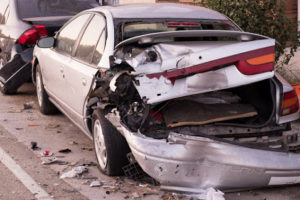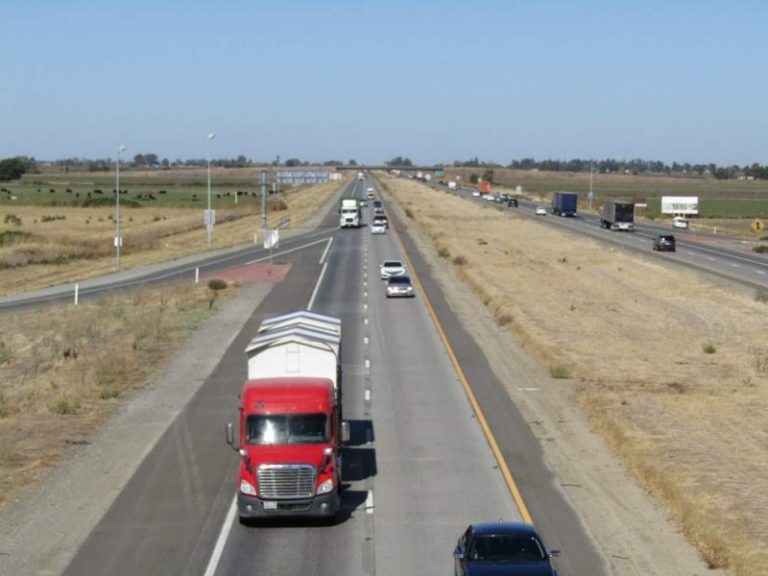Are Drunk Drivers Always at Fault for an Accident?
Courts have little to no sympathy for drunk driving. In Arizona alone, alcohol-related crashes accounted for less than 4 percent of accidents in 2018, yet also made up 25 percent of fatal crashes. The high speeds and poor reaction times involved in impaired driving make drunk driving accidents more lethal than other crashes. Driving under the influence is an extremely dangerous and irresponsible act, and the law treats it as such.
Simply put, drivers who receive a DUI are usually deemed to be at fault for an accident, but there are often exceptions. Even if a driver receives a DUI or DWI (for a blood alcohol content over 0.08 percent) at the scene of a crash, fault for an accident can only be determined by a court of law.
When are Drivers Not at Fault?

Everyone on the road has a duty to ensure the safety of other drivers by driving responsibly and following the law. Drunk driving inherently breaches that duty, and with a DUI, that driver can be proven to have violated the law. However, that breach of duty is only half of the puzzle. There are four points you’ll have to prove in order to file a successful claim against another driver, drunk or not.
- Duty. The party in question must have had a duty or obligation. All drivers automatically have a duty to drive safely and follow traffic laws, so this is a given in an accident.
- Breach of Duty. The party must have failed to uphold their duty. In the context of an accident, that means a driver must have violated a law or made an unsafe decision.
- Causation. The breach of duty by a party must have been the direct cause of the accident. A breach of duty doesn’t necessarily imply causation. For example, a drunk driver who otherwise driving legally, and was struck from the side by another driver who ran a red light, wouldn’t have caused an accident despite being under the influence.
- Injury. The accident must have caused injury. Note that this legal term doesn’t exclusively refer to medical injuries—property damage, emotional suffering, financial and punitive losses, and other damages also constitute “injury.”
Remember, regardless of the mental condition of the driver, their impairment must have caused the accident to be at fault. This constitutes causation. If some external circumstance or another driver caused the accident instead, you won’t be able to collect damages from them. Additionally, if the accident didn’t result in injuries and damages, the drunk driver won’t be held at fault regardless, though they’ll still face charges for their DUI.
Seek the Help of an Arizona Auto Accident Attorney
If you’ve been injured in an auto accident with a drunk driver in Arizona, an experienced personal injury attorney is an invaluable resource. The lawyers at Escamilla Law Group can help you prove duty, breach of duty, causation, and injury, in order to ensure you receive fair compensation. Don’t hesitate—talk to a professional and schedule a free consultation today by contacting us at (623) 321-0566.
Law News Feed
All NewsWho Is Liable for Damages After a Truck Accident?
According to information from the National Highway Traffic Safety Association, more than 2,500 truck accidents occur each year in Arizona. It goes without sayin…
Common Injuries After a Motorcycle Accident
Motorcycle accidents kill or severely injure individuals more frequently than any other type of crash, resulting in immense amounts of suffering and financial d…

